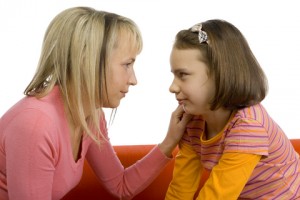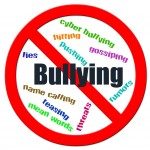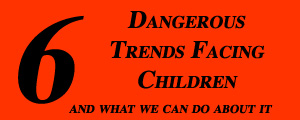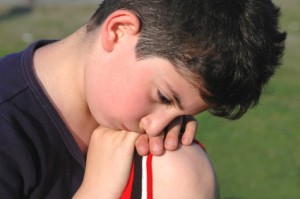 For teachers, the classroom is a mix of many personalities and abilities of the students. Teachers are expected to fill many roles in their efforts to care for the academic needs of the students and yet we know that just having ‘knowledge’ is not the key to success in life. As children get older and move into the t’weens age, social issues arise and they can have a definite affect on the ability of a student to learn. While social intelligence is not the ‘responsibility’ of the teacher, the best teachers are those that reach their students in ways beyond facts and figures.
For teachers, the classroom is a mix of many personalities and abilities of the students. Teachers are expected to fill many roles in their efforts to care for the academic needs of the students and yet we know that just having ‘knowledge’ is not the key to success in life. As children get older and move into the t’weens age, social issues arise and they can have a definite affect on the ability of a student to learn. While social intelligence is not the ‘responsibility’ of the teacher, the best teachers are those that reach their students in ways beyond facts and figures.
Maintaining peace in the classroom will call for the teacher to be aware of the personalities and any interactions that are not leading to a good learning environment for even one of the students. But how should a teacher react if they observe or suspect that some form of bullying behavior is taking place? This will depend on many other factors including the age and gender of the students, how others who observe the actions are reacting and the nature of the bullying behavior.
One thing is for sure though, and that is that doing nothing or ignoring the incident will only empower those acting out and reinforces the bullying behavior. It also sends a message to all the other students. Unfortunately many students already believe that teachers won’t do anything or just are not interested. I know that is not true of most teachers, but that is the feeling of many students. To create the safe environment you want in your classroom and school, we must act, but the question is, How?
I have started a website / social network – Bully Prevention Partners – to discuss such questions for all involved, including teachers, parents and students. I will be posting strategies for parents and teachers as well as running training programs for students in bully prevention. If you are interested in joining our efforts to create peaceful classrooms and positive learning environments for all students, please join in the conversation.
Here is the outline for teacher intervention, with details of what to say, being posted on the Bully Prevention Partners site.
1. Say out loud what you see and hear
2. Invite the parties to give more information
3. Label the behavior and note the no tolerance rule
4. Convey expectations
5. Encourage different behavior
For parents you will appreciate the steps teachers can learn to use, as in the end we are teachers too. We want to be prepared for what may arise in our family too. While your child may not be affected at this time by this issue, the fact is that statistics show that 75 – 80% of all students will be before they leave school. How will you know and how will you help them? Our goal is to get ahead of the issue with all children and students. Do not wait till your student shows all the classic signs or maybe never tells you – but is affected in deep emotional ways. Even those that only observe bullying taking place are affected, wondering if or when it will be them that is picked on. Every child deserves to feel safe in their home, school and community.






